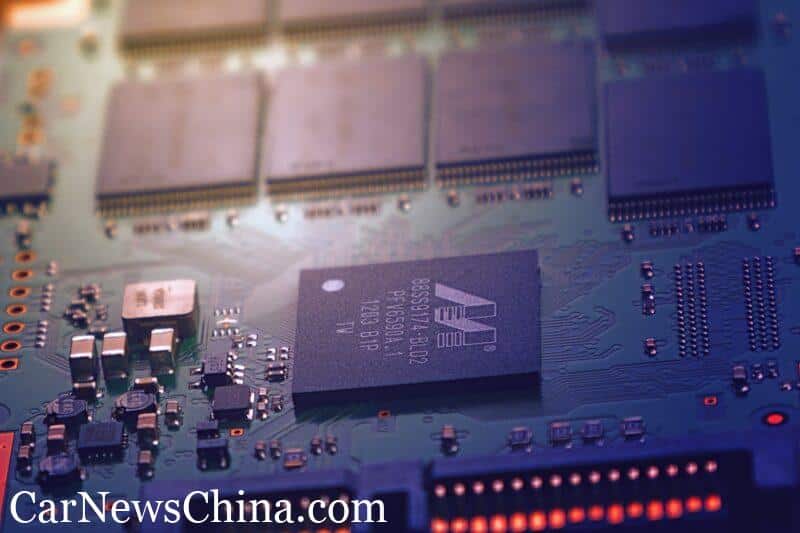Chip shortage is the biggest problem faced by new energy vehicle manufacturers.
A Bosch ESP (Electronic Stability Program) chip under normal circumstances costs 13 yuan/piece. According to the current exchange rate, it is about $2. In mid-August, with the spread of the epidemic in Malaysia, the local government closed some production lines until August 21, resulting in continuous supply interruption of Bosch ESP.
Subsequently, the black market transaction began to be active. According to the latest news, the current black market price of the Bosch ESP chip is about 4000 yuan/piece. According to the current exchange rate, it is about $625.
The black market price is nearly 300 times higher than the normal price. And black market transactions only accept cash, no bargaining, and no inspection is accepted. If you buy a refurbished product on the black market, you can only consider yourself unlucky.
On September 14, in response to the Shanghai Securities News, the relevant person in Bosch China said: There is indeed a shortage of chips used by Bosch ESP (Car Body Stabilization System). The impact of the epidemic has led to tight supply. Bosch also hopes that the supply chain can slowly restore production capacity after the epidemic is alleviated.
The shortage of Bosch-related chips has seriously affected the development of new energy vehicles. The ESP system is Bosch’s flagship product. Most of the world’s models equipped with electronic stability programs use Bosch’s ESP system.
ESP is a patented trademark of Bosch, and other manufactures cannot name their electronic stability programs after ESP. This time the Bosch ESP cut off the supply, causing many new energy vehicle manufacturers to complain.
Li Bin, chairman of NIO, said the new epidemic round in Malaysia had brought uncertainty to the chip supply. NIO has taken some countermeasures. At present, the impact on Weilai is still controllable.
He Xiaopeng, chairman of Xpeng automobile, lamented on social media recently: It’s painful for us to lose the chip (it sounds much better in Chinese as it is hard to translate limerick – 抽芯断供供更苦,举杯消愁愁更愁).
What is certain is that the fire at the Renesas chip factory in Japan and the outbreak of the epidemic in Malaysia, the impact of the chip crisis on new energy vehicle manufacturers have exceeded expectations.
Source: China Times via 163



